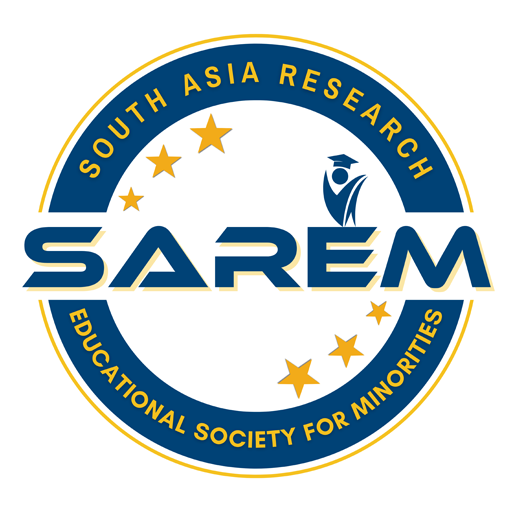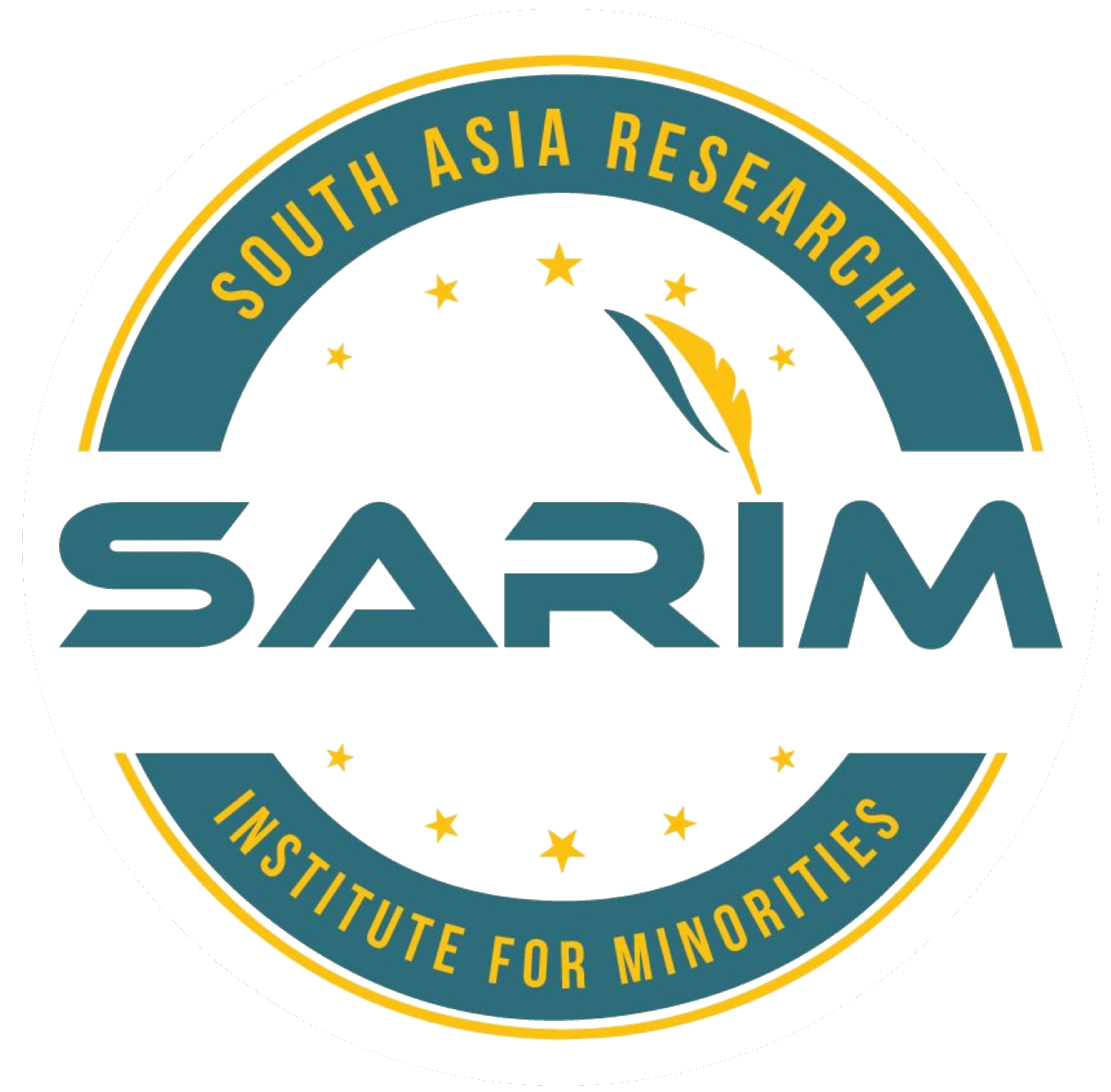Dalit Christians hold protest march in southern India
Activists call for an end to discrimination and denial of key church posts for members of the marginalized community
 Bijay Kumar Minj, New Delhi Updated: December 23, 2020 05:06 AM GMT
Bijay Kumar Minj, New Delhi Updated: December 23, 2020 05:06 AM GMT
Dalit Christians in the southern Indian state of Tamil Nadu have held a protest march against discrimination faced by Dalits in 45 Catholic parishes of Pondicherry-Cuddalore Archdiocese.
Protesters submitted a memorandum to parish priests on Dec. 20 and requested them to forward it to Archbishop Giambattista Diquattro, India’s apostolic nuncio.
“The memorandum contains Dalit Christians’ long-standing common demand for equal rights for all,” M. Mary John, president of the Dalit Christian Liberation Movement (DCLM), told UCA News.
“They fervently appeal to the nuncio and the Holy See for their urgent intervention to secure them justice and equal rights. DCLM has been vigorously pursuing these demands with the Catholic hierarchy in India as well as with the Vatican for years.
“The current protests follow a peaceful sit-in by 40 Dalit priests at the archbishop’s house in Puducherry from Nov. 29 to Dec. 4 demanding a dialogue with the archbishop and the administrators.”
John said Dalits have long faced caste discrimination and continued denial of key administrative posts in the archdiocese and in leadership of ministries.
Copies of the memorandum were also forwarded to Propaganda Fide in Rome, the Catholic Bishops’ Conference of India, the Conference of Catholic Bishops of India, the Tamil Nadu Bishops Council and all prelates of Tamil Nadu.
The memorandum said a Dalit archbishop should fill the existing vacancy in the Archdiocese of Pondicherry-Cuddalore as Dalits account for 75 percent of Catholics in the archdiocese.
The document also called for appointing bishops of Dalit origin to the six bishops’ vacancies in the state as there is only one Dalit bishop now in the 18 dioceses.
In addition, Dalit priests should be appointed in the top administrative posts and in the College of Consulters of the archdiocese.
Dalit priests should be given due representation in leadership positions of the Church as only this can put an end to the centuries of caste discrimination and enable the socioeconomic and educational development of Dalit Christians and their empowerment in the church, the memo pointed out.
The struggle of Dalit Christians and Muslims seeking the status of scheduled castes started after a presidential order in 1950 removed the privileges given to scheduled caste converts who were not Hindus.
While the privileges were restored to Sikhs (1956) and to Buddhists (1990), Christians and Muslims, who have been pressing successive governments for decades, have not been granted such privileges.
Various commissions appointed by the government have recommended that Dalit Christians and Dalit Muslims should be included in the scheduled caste list.
Dalits, or untouchables, are the lowest caste within Hindu society. Huge numbers of Dalits have converted to Christianity and Islam over the decades, though in reality the religions offer limited protection from societal prejudice.
The word Dalit means “trampled upon” in Sanskrit and refers to all groups once considered untouchable and outside the four-tier Hindu caste system. Government data shows 201 million of India’s 1.2 billion people belong to this socially deprived community. Some 60 percent of India’s 25 million Christians are of Dalit or tribal origin.
![]()




